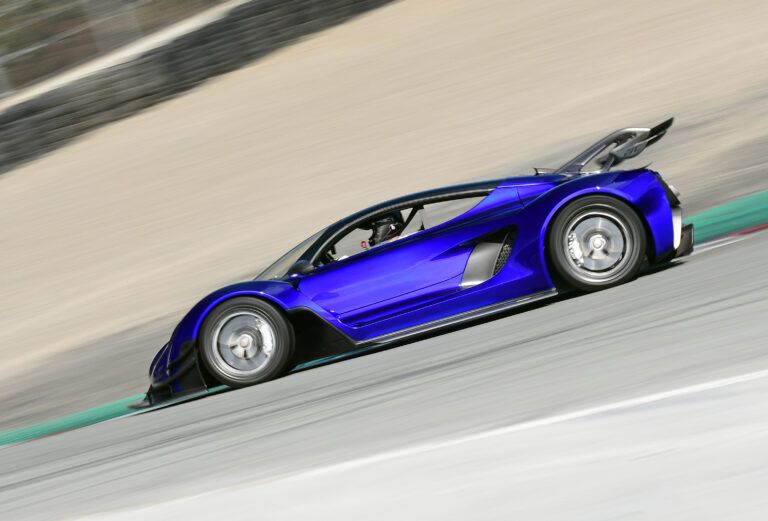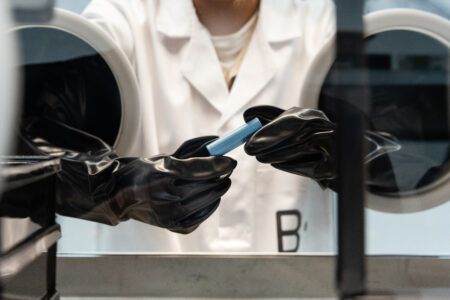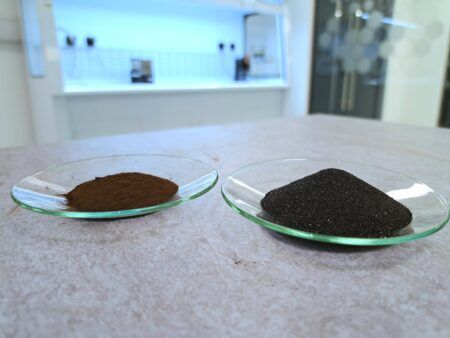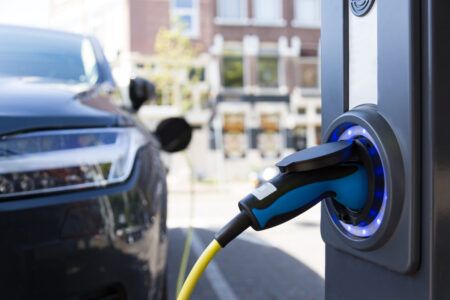Independent British engineering and technology pioneer McLaren Applied has added American hybrid sports car marque Czinger to its growing list of OEM customers. The Los Angeles based performance vehicle brand were established in 2019 by Founder and CEO Kevin Czinger, and their first production car, the 21C, is set for delivery next year. The hypercar features the world’s most power dense production internal combustion engine and an 800V electric drive, developed by Czinger’s powertrain team. Alongside this are three McLaren Applied next-generation IPG5 800V silicon carbide inverters, providing unrivalled power density, efficiency and motor control, enabling the Czinger 21C to deliver a peak output of 1250hp (932kW).
“Our IPG5 inverter is the culmination of all the know-how and technology we’ve developed in motorsport and automotive over the last 30 years,” says McLaren Applied Chairman Nick Fry. “We believe that high-efficiency inverters offering higher switching frequencies and unparalleled controllability will play an important part in the transition to electrification.”
The automotive team at McLaren Applied sees silicon carbide as leading what they describe as the ‘third wave’ of electrification. The first involved early pioneers of technology, and we’re currently in the second wave where EVs have broken through to the mainstream. The third stage is efficiency and will see inverter technology rapidly adopt silicon carbide (SiC) semiconductors, especially in 800V architectures and vehicles that need longer range where efficient power electronics are key.
“Efficiency is going to be the battleground. It’s how brands will compete with one another,” Fry added. “If you’re more efficient, you can have a better vehicle. It’s going to be lighter. It’s going to get a better range from the energy you have. It will be quicker to recharge because you need less energy for a given distance. When it comes to efficiency, silicon carbide excels, and will be the defining feature of the third wave.”





